

2019-02-06 10:36:49 Wed ET
technology social safety nets education infrastructure health insurance health care medical care medication vaccine social security pension deposit insurance
President Trump delivers his second state-of-the-union address to U.S. Congress. Several key themes emerge from this presidential address. First, President Trump praises the current 2-year U.S. economic boom and stock market rally. As Trump remains upbeat about the current U.S. economic outlook, several sectors such as big pharma, transport, and technology benefit much from the current stock market rally. Second, the Trump team seeks a bipartisan solution to public finance for his southern border wall for better immigration. President Trump may find it difficult to compromise on this fiscal issue in the near-term.
Third, Trump aims to implement a structural change to unfair trade practices and chronic trade imbalances in the current trade war resolution with China. The next summit between Presidents Trump and Xi can reach important trade war resolution soon after Trump shakes hands with the North Korean leader Kim Jung-Un in the historic forum in Vietnam in late-February 2019. Fourth, Trump asks Congress to pass the current bill for new infrastructure with more than $1 trillion fiscal finance. Fifth, Trump vows to help reduce astronomical medical costs and drug prices in America. Through his second state-of-the-union address, President Trump now seeks to make progress on these socioeconomic issues.
If any of our AYA Analytica financial health memos (FHM), blog posts, ebooks, newsletters, and notifications etc, or any other form of online content curation, involves potential copyright concerns, please feel free to contact us at service@ayafintech.network so that we can remove relevant content in response to any such request within a reasonable time frame.
2018-03-01 07:35:00 Thursday ET
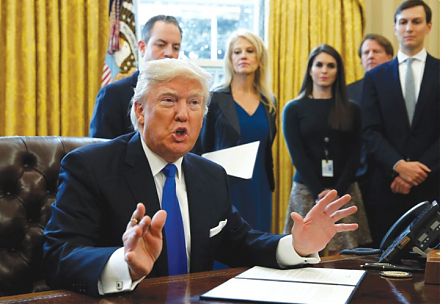
Trump imposes high tariffs on steel (25%) and aluminum (10%) in a new trade war with subsequent exemptions for Canada and Mexico. The Trump administration&#
2026-10-31 12:38:00 Saturday ET
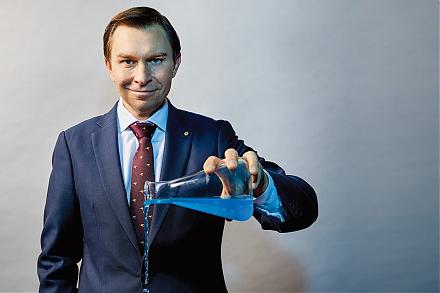
Today tech titans and billionaires continue to reshape global pharmaceutical investments for both better healthspan and longer lifespan. We discuss, desc
2017-04-01 06:40:00 Saturday ET
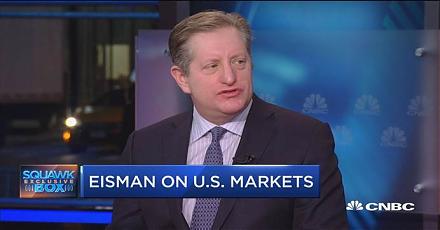
With the current interest rate hike, large banks and insurance companies are likely to benefit from higher equity risk premiums and interest rate spreads.
2020-03-26 10:31:00 Thursday ET
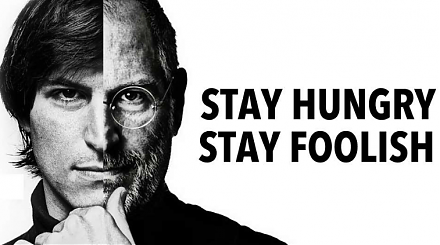
The unique controversial management style of Steve Jobs helps translate his business acumen into smart product development. Jay Elliot (2012) Leading
2022-05-15 10:29:00 Sunday ET

Innovative investment theory and practice Corporate investment can be in the form of real tangible investment or intangible investment. The former conce
2017-05-31 06:36:00 Wednesday ET
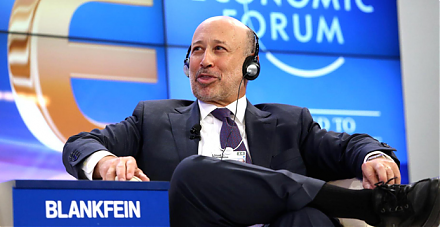
The Federal Reserve rubber-stamps the positive conclusion that all of the 34 major banks pass their annual CCAR macro stress tests for the first time since